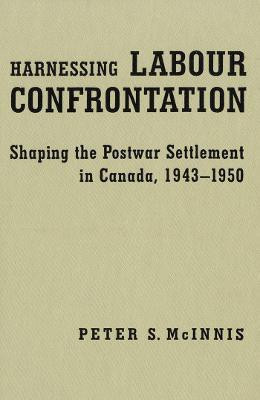Harnessing Labour Confrontation(English, Electronic book text, McInnis Peter S.)
Quick Overview
Product Price Comparison
The 1940s in Canada are crucial to the understanding of labour history in this country. Following the Depression, and sparked by the need to mobilize the workforce during the Second World War, this decade led to a restructuring of the relationship between labour and the state. In Harnessing Labour Confrontation, Peter S. McInnis examines the reformation of Canadian society and its industrial relations regime from the perspective of labour organizations and their supporters and from that of government and business. What results is a synthesis of labour and political history, which the author uses to analyze in a North American context the role of confrontation and heated debate in the formation of a national postwar compromise and in the birth of a modern welfare state. Among the factors affecting the postwar compromises were, argues McInnis, the divided jurisdiction between federal and provincial governments, the return to gender-biased societal norms, a developing Cold War climate of national insecurity, and a promise of strong consumer purchasing power based on postwar wages and benefits packages. While some of the results of the 1940s compromise and the welfare state remains intact today, many of the political and social structures have deteriorated in the last two decades.


